Solid World Launches on Polygon PoS

ReFi is about to get a whole lot more regenerative
Solid World, a digital infrastructure company for scaling climate finance, announced today the launch of liquidity pools for carbon markets on the Polygon proof-of-stake (PoS) network. Solid World (SW) joins a growing hub of regenerative finance (ReFi) activity across Polygon protocols.
In a market that is currently struggling to scale due to gated entry and limited by OTC deals, Solid World is democratizing access. Solid World’s liquidity providers (LPs) enable liquidity, price discovery, and de-risking to help scale financing for nature-based carbon projects worldwide.
Solid World’s initial launch is the CRISP-M pool, a mangrove blue carbon pool, with open participation in the restoration of mangrove forests across the globe in locations such as Senegal, Myanmar, Sri Lanka, and Indonesia, managed by leading project developers such as ALLCOT, MangroveDAO, and Vlinder. The Solid World liquidity pools will be open to all who are interested.
Mangroves are one of the fastest and most effective solutions to remove carbon from the atmosphere, with the capacity to store carbon for thousands of years. They provide critical habitats for a plethora of marine life, protect coastlines from erosion, and are a source of livelihood for many coastal communities.
“We're thrilled to unveil our CRISP-scored mangrove Pool, launching on Polygon PoS,” said Solid World founder Stenver Jerkku. “At Solid World, our mission is to bring unparalleled transparency and democratize access to carbon markets, which are vital for the economies of tomorrow. Mangroves are a great place to start, because they are more than credit assets; they’re lifeblood for local communities, and key for mitigating climate change.”
Stefan Renton, Sustainability Lead at Polygon Labs, said, “The long anticipated launch of Solid World’s first carbon project financing pool is an exciting development in the case for ReFi on Polygon protocols. In a carbon market suffering from a lack of trust, leading to hesitancy and delays in funding, these de-risked and open access pools will create a new channel for effective funding flows to scale net positive outcomes for climate and biodiversity.”
Forward Contracts: Opening Liquidity
Solid World’s liquidity pools will be powered by “forward contracts” in order to fund nascent nature-based carbon removal projects. These contracts have been developed by SW as agreements for future delivery of tonnes of carbon avoided or removed by a project, and will be issued on SW’s forthcoming platform.
Before Solid World’s launch, these kinds of contracts were only accessible to large organizations with the resources to evaluate the quality of a project and the likelihood of credit delivery, which can be affected by a range of activities from overestimation to climate disasters such as wildfires. Solid World’s liquidity pools are set to change that.
Solid World combines forward contracts, agreeing to future tonnes of carbon removed, with its Carbon Risk Identification and Scoring Principles (SW-CRISP) framework, an open public good for identifying major possible factors affecting the delivery of promised carbon credits.
These CRISP-scored liquidity pools reduce risk associated with early stage projects and incentivize nature-based funding.
In addition, SW has also designed replacement assurances for the LPs in the event of non-delivery, so credits of “equal or better quality” are guaranteed. And for the first time, price discovery will be enabled by project type–for instance, “mangroves” for the initial blue carbon pool.
Catch-22 of Carbon Removal Funding
On average, less than half of projected carbon credits are delivered based on the equivalent number of tonnes of carbon removed or avoided after a project is verified.
For the vast majority of the market, a project’s credits must be verified and issued first in order to mitigate liability, from both a financial and reputation perspective. Doing so reduces risk, but also stymies the ability of most people to participate in the growing carbon market.
All of this creates a Catch-22: projects are unable to get off the ground without initial capital, which they can access only after they’ve demonstrated their work can avoid or remove carbon.

Arcane stagnation in funding for nature-related projects couldn’t come at a worse time.
At least $520 billion in additional nature-based funding is required per year to limit warming the climate to within the 1.5 degree target outlined in the Paris Agreement. Currently, the world is spending $154 billion, not even a quarter of the spending needed to stay on target.
Solid World is developing new infrastructure to find the capital required to kickstart conservation and restoration, sourced from groups that had previously been blocked from entering this market. Mangrove restoration and protection alone, by some estimates, will cost an accumulative $22 billion before 2050.
Solutions like Solid World are pioneering a path toward reaching this goal.
Learn more about sustainability efforts at Polygon Labs, tune into the blog and our social channels to stay up to date on the latest from the Polygon ecosystem.
Together, we can build an equitable future for all through the mass adoption of Web3!
Website | Twitter | Developer Twitter | Telegram | Reddit | Discord | Instagram | Facebook | LinkedIn



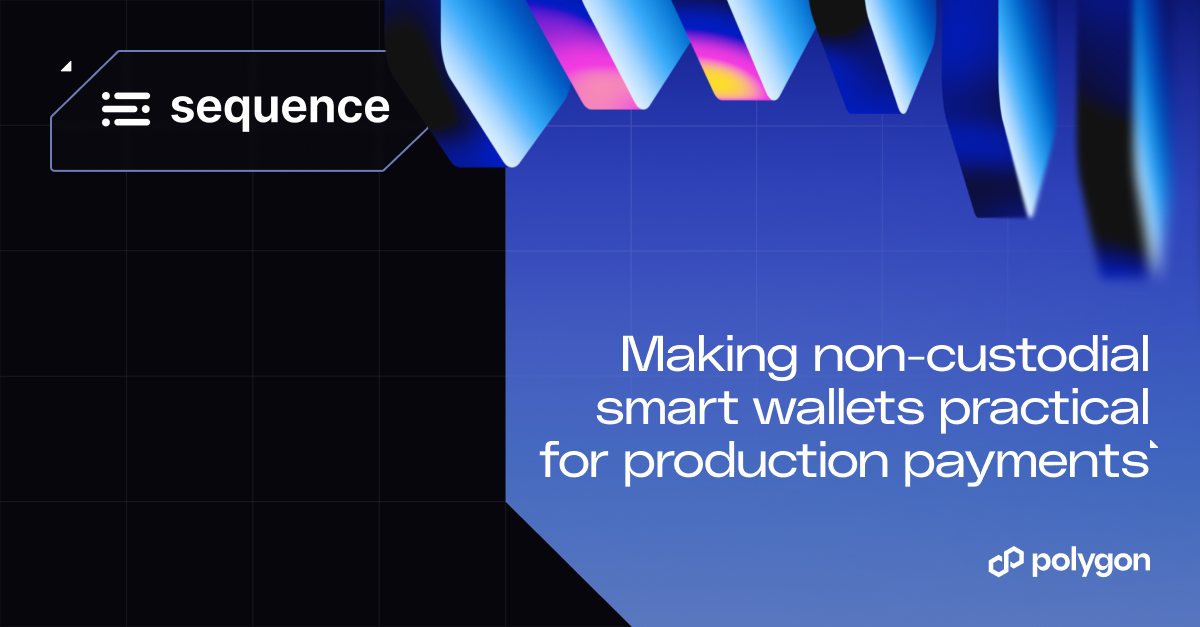


.jpg)
.jpg)
.png)

.png)

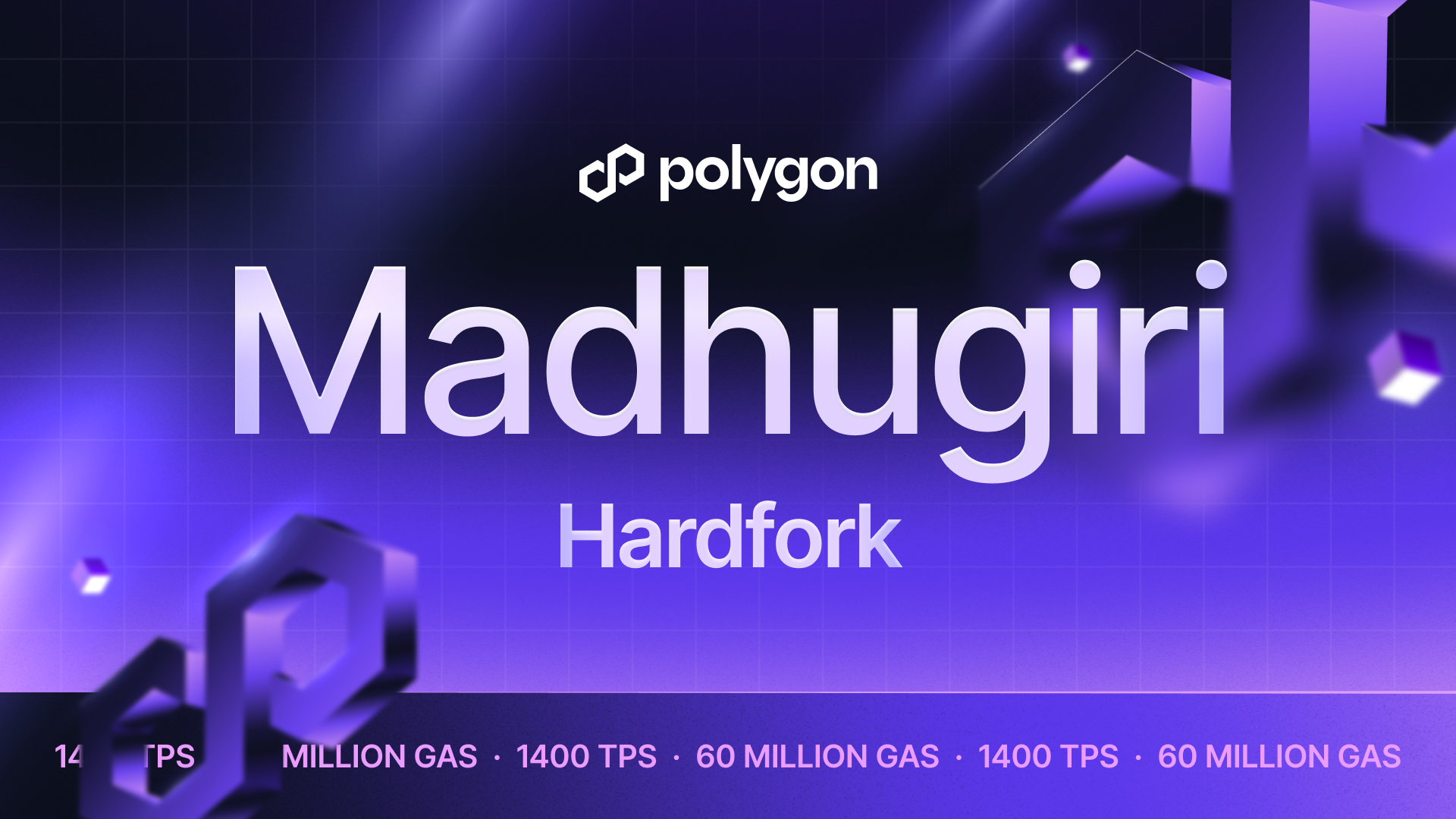
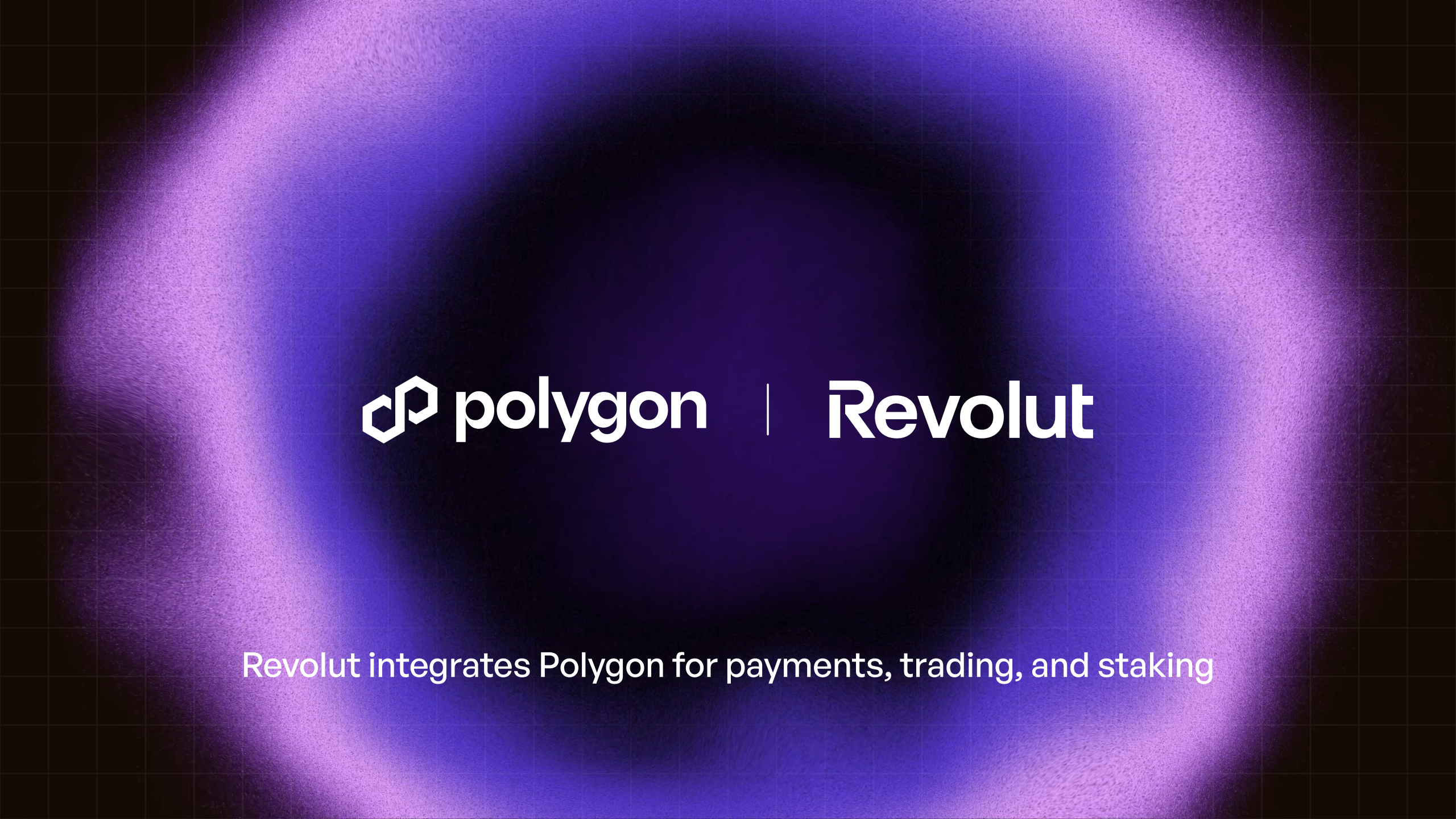
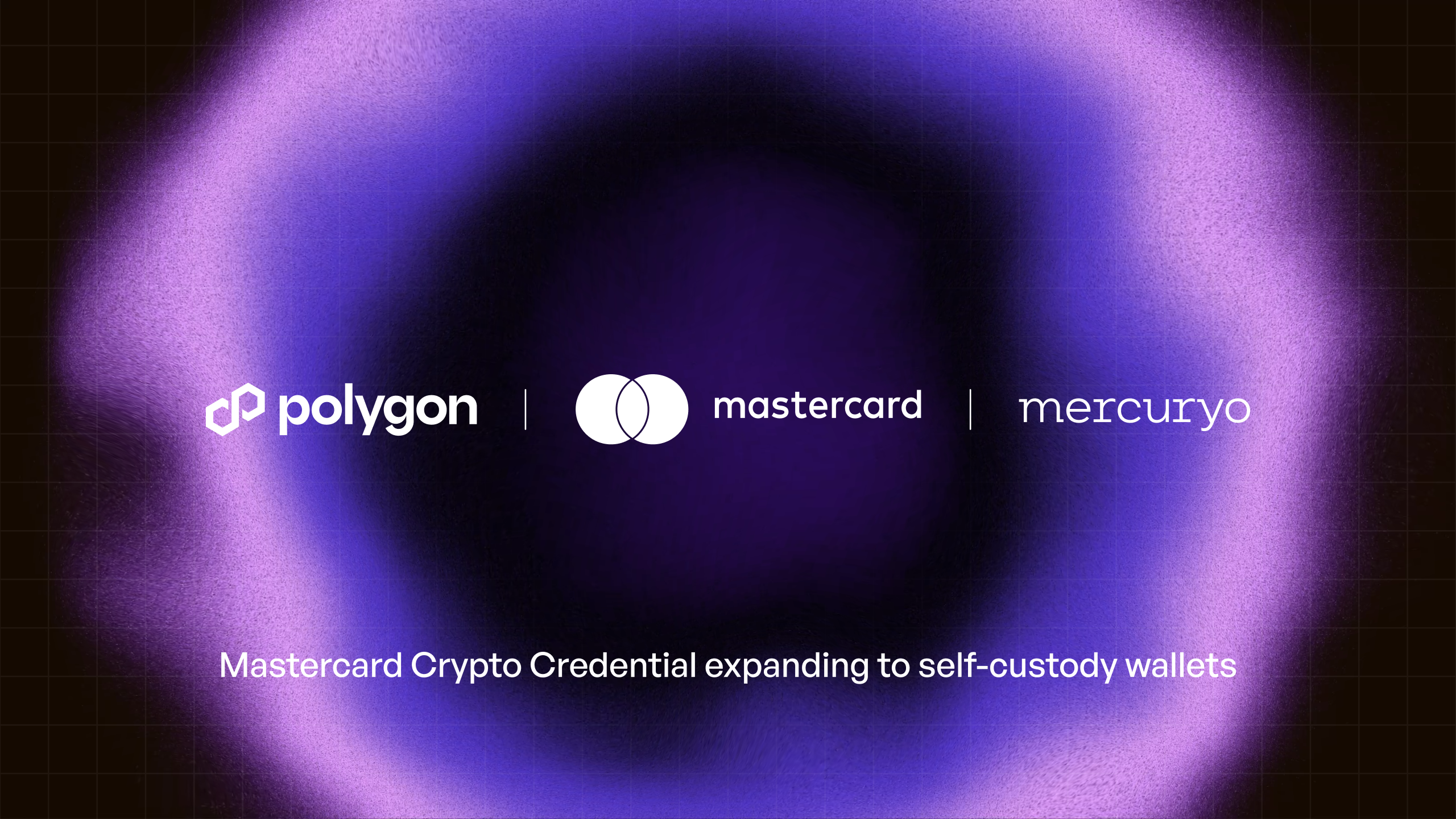
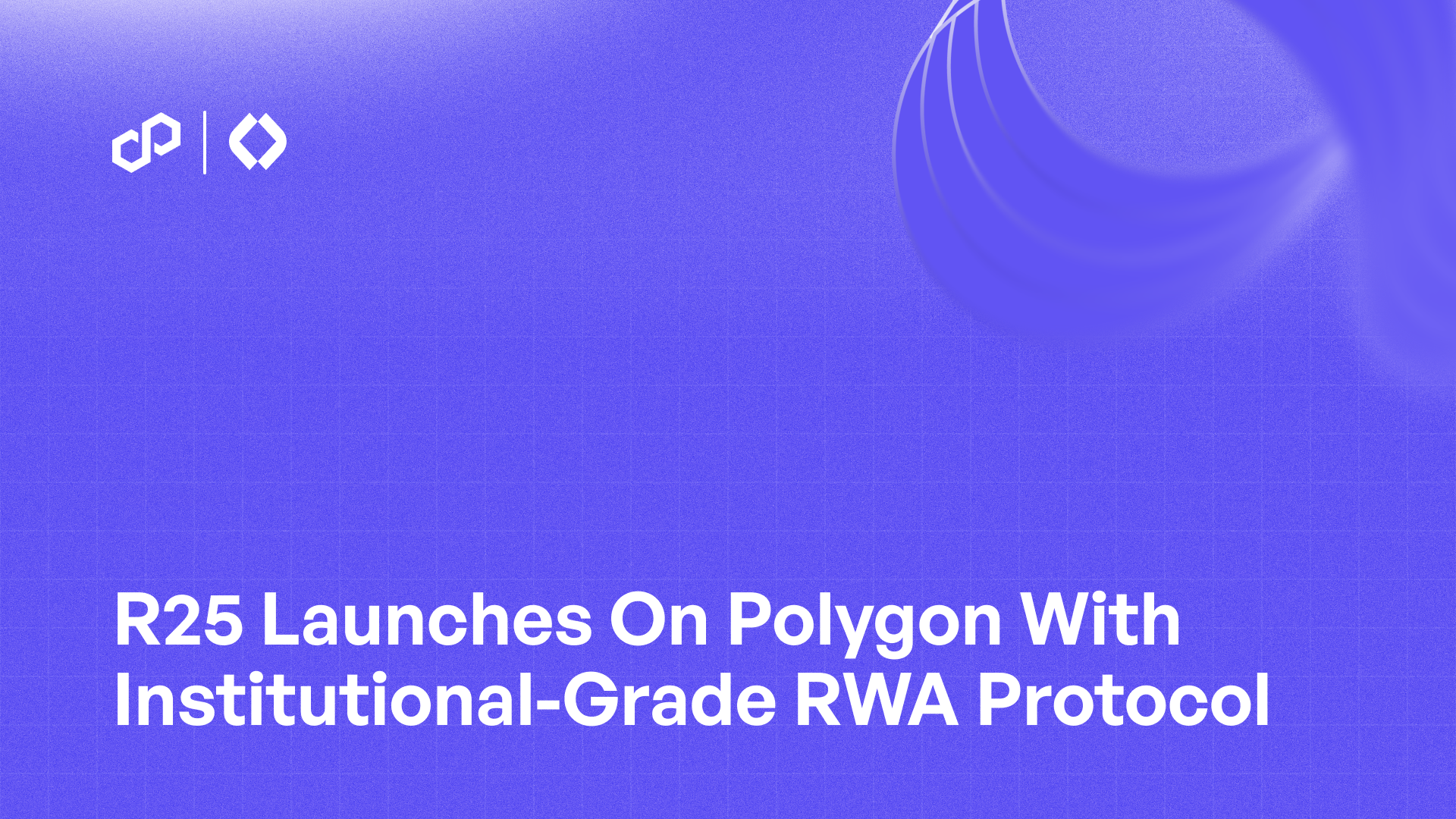
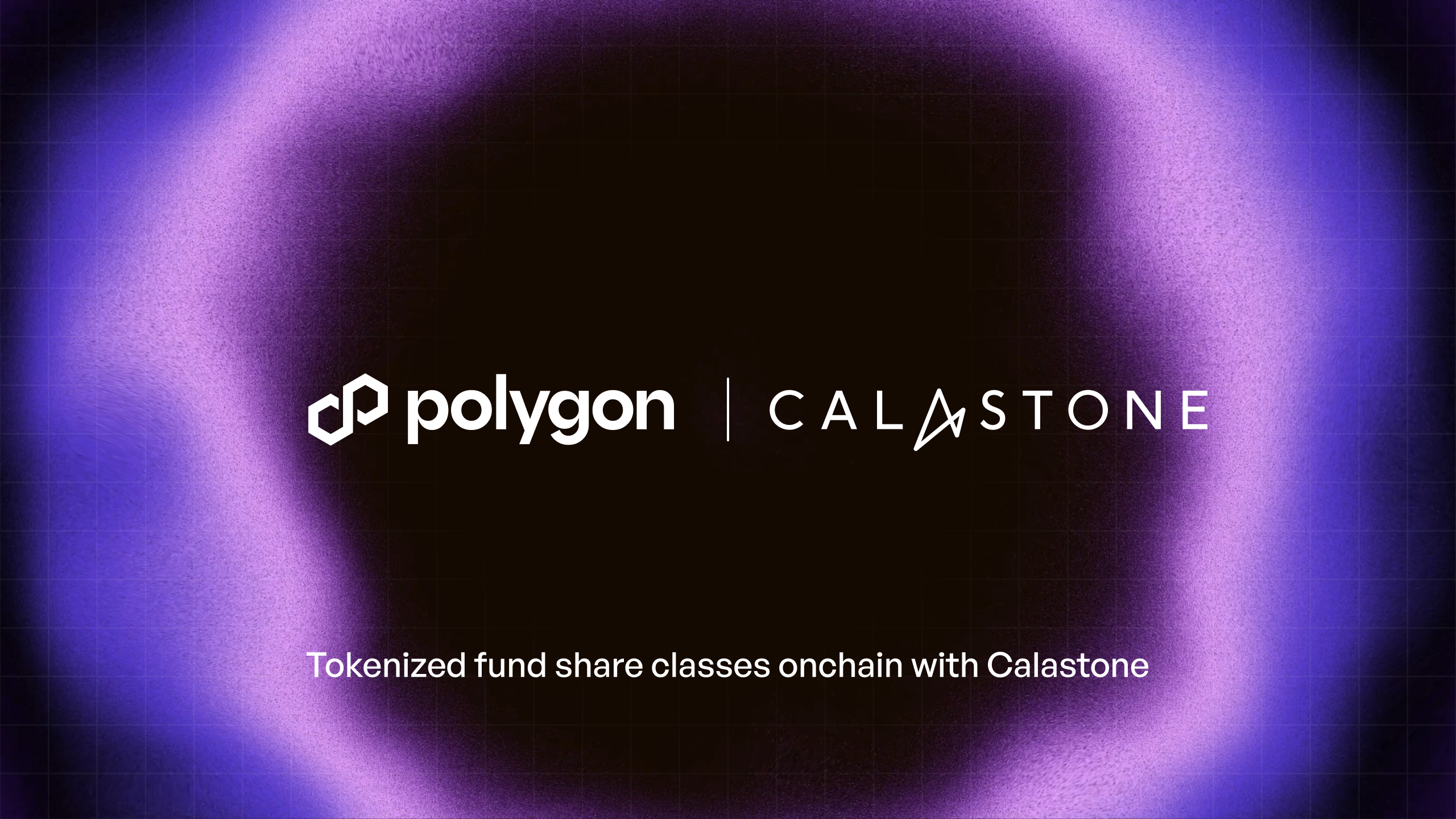
%20(1).png)